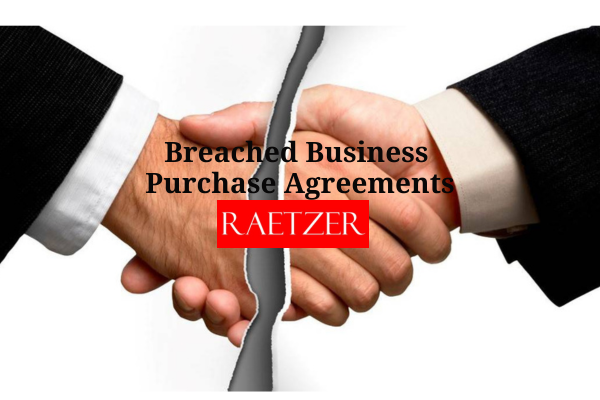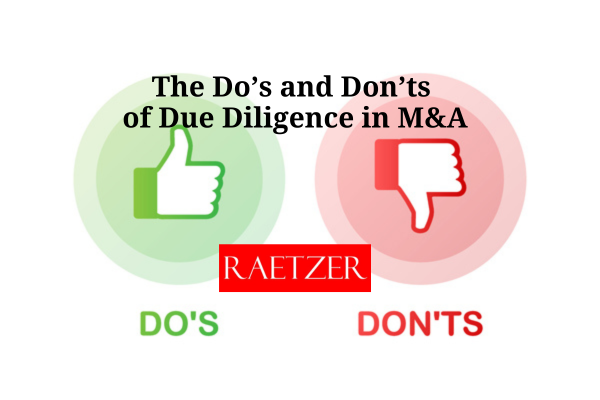From major mergers and acquisitions (“M&A”) to the purchase of real estate or even a simple inventory order, all business transactions are essentially contracts. While we may not think of smaller purchases in legal terms, they fulfill the same basic principle of a legally enforceable agreement: two parties agree to exchange something of value. For instance, when you pay for inventory, and the seller promises to deliver them, you’ve entered into an agreement.
However, not all agreements go smoothly. While failing to deliver inventory may be a minor inconvenience, breaches involving more significant transactions, such as business purchases, can lead to serious consequences. In business purchase agreements, the goal is to safeguard rights, minimize damages and pursue appropriate remedies when contractual obligations are not met resulting in a breach of the business purchase agreement.
What Is a Business Purchase Agreement?
A business purchase agreement is a written document that formalizes the terms of an agreement between a buyer and a seller. While small transactions may not require such documentation, purchase agreements are essential for more complex or high-value transactions. They clearly outline the terms and conditions for:
- Tangible Assets: Purchases of real estate, equipment, or machinery.
- Intangible Assets: Transfers of stocks, shares, or intellectual property.
- Legal Instruments: Facilitating asset transfers via assignment agreements or bills of sale.
- Liabilities: Addressing tax obligations, assumed contracts, or employment issues tied to the assets.
These agreements are designed to provide flexibility, allowing parties to selectively acquire assets and avoid certain liabilities. However, their complexity also creates potential risks. A well-structured agreement, tailored to specific goals, requires the expertise of seasoned business attorneys.
When Does a Breach of a Purchase Agreement Occur?
A breach of a purchase agreement happens when one party fails to fulfill their contractual obligations. For a breach to be actionable, it must meet these criteria:
- Existence of a Valid Contract: The agreement must be legally enforceable.
- Material Breach: The failure must significantly undermine the purpose of the agreement.
- Damages: The breach must cause measurable harm to the wronged party.
For example, if a seller misses a delivery deadline but ultimately fulfills the order with no significant harm to the buyer, it may not constitute a material breach. However, if the delay causes the buyer to lose business opportunities or revenue, the breach could result in legal action.
Protecting Your Interests and Addressing Breaches
Purchase agreements are critical safeguards, particularly in high-stakes transactions like M&A. To protect your interests:
- Proactive Protection: Work with experienced attorneys to draft, review and negotiate agreements that address potential risks and align with your goals.
- Responsive Action: If a breach occurs, legal remedies are available to help the wronged party recover losses and enforce their rights.
Potential Remedies for Breach of Contract:
- Monetary Damages:
- Compensatory Damages: Reimbursement for incurred costs or lost profits.
- Liquidated Damages: Predetermined compensation outlined in the contract.
- Quantum Meruit: Compensation for services already performed that benefited the breaching party.
- Equitable Remedies:
- Specific Performance: Requiring the breaching party to fulfill their obligations.
- Rescission: Canceling the contract and restoring both parties to their original positions.
- Reformation: Modifying the contract to reflect the true intent of the parties.
- Injunction: Preventing specific actions that would further harm the wronged party.
In short, business purchase agreements are more than just formalities—they’re vital tools to mitigate risks and protect against significant losses. When crafting or enforcing these agreements, the guidance of knowledgeable attorneys can make all the difference.




